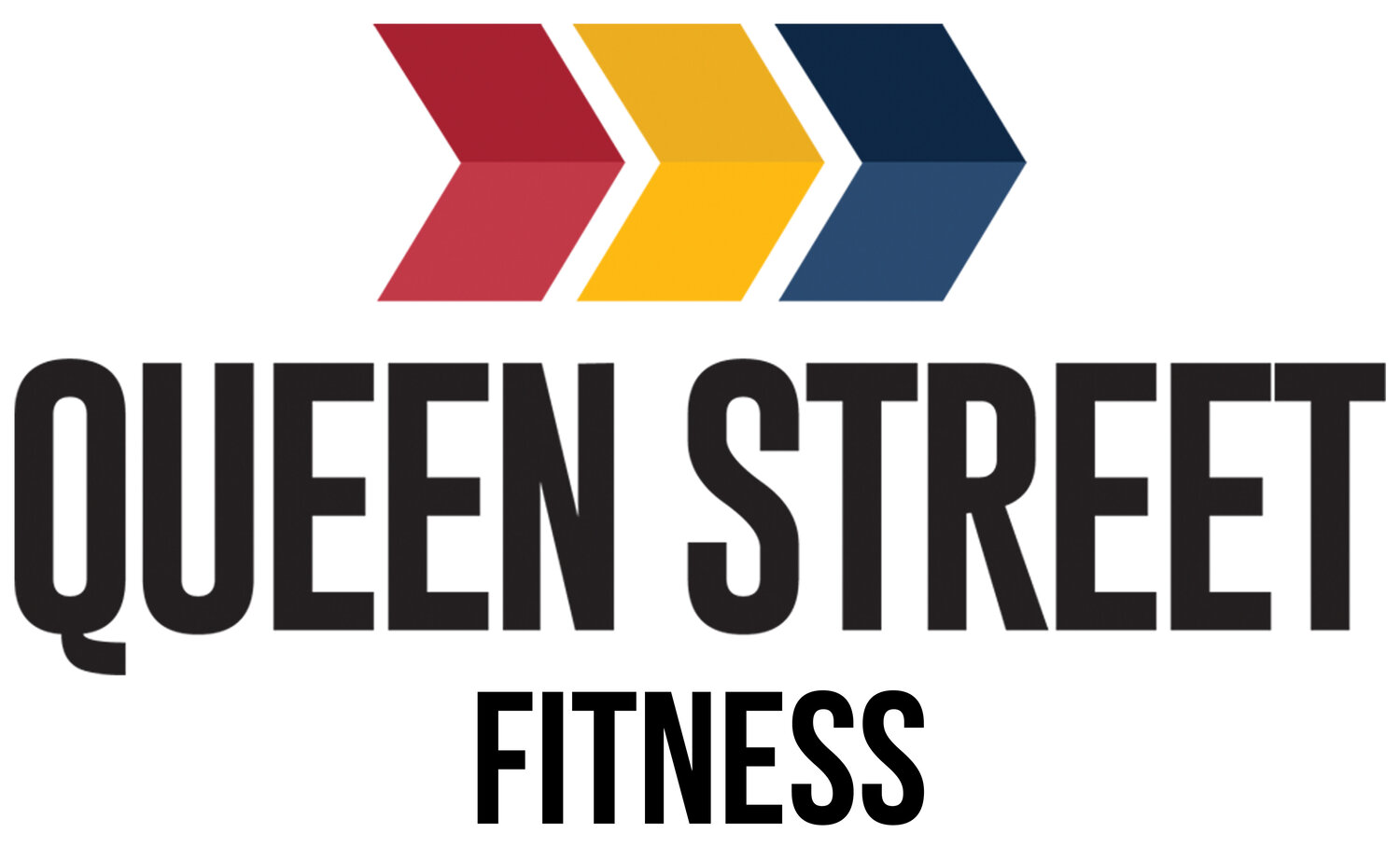There is a popular misconception that healthy food is boring or tastes bland. Not so! Processed and fast foods rely on actually very few things to make things taste good: Fat, sugar, and salt. We can do better than that, both from a nutrition standpoint and a flavour standpoint. Here are some tips to eliminate blandness.
1. Use fresh and flavourful ingredients
Have you ever had the experience of biting into a beautiful shiny red slice tomato from the grocery store and have it taste just kind of like water (but worse)? We want this to happen to you never again! Often food producers prioritize the look of food over the taste. Do not be fooled! Here are some tips to always pick the best produce:
- Make sure it’s ripe! http://lifehacker.com/5935711/is-it-ripe-how-to-tell-when-your-favorite-fruits-and-vegetables-are-ready-to-eat
- Eat in season. Seasonal fruits and vegetables are not only more affordable, but often more flavourful. Seasonal produce, since it has further to travel, is more likely to come to you without having been previously refrigerated, and been allowed to ripen naturally.
- Eat local. Beyond the potential health and environmental benefits of eating locally grown produce and meat, it often tastes way better.
- Store vegetables and fruit properly, and eat what has the shortest shelf life first: http://www.stilltasty.com/articles/view/31
2. Season your food
Spice up your life! Dried herbs and spices have a long shelf life, and can add flavour and complexity to your food without any ‘empty’ calories.
Here is an introduction to cooking with herbs and spices for newbies: http://www.thekitchn.com/cooking-school-day-9-herbs-spices-the-kitchns-cooking-school-211015
If you already use herbs and spices in your cooking, it is always good to experiment and try something new! Here is a pretty exhaustive encyclopedia of herbs and spices:
http://theepicentre.com/spices/
3. Condiments and Sauces
While many store-bought condiments and sauces include a lot of sugar and other ingredients, that doesn’t mean they are all bad. Even though hot sauces and mustards are processed, usually we eat them in such small quantities it doesn’t make a huge difference. Tobasco, Siracha, Frank’s red hot, Dijon, French’s yellow, it’s all good.
It is also actually pretty easy to make your own! Here are some easy condiments/dips/sauces broken down to 5 or fewer ingredients:
- Hummus (chickpeas, lemon juice, olive oil, tahini)
- Guacamole (avocado, lime, cilantro, jalapeno, onion)
- Pesto (fresh basil, pine nuts, parmesan cheese, garlic)
- Tomato sauce (crushed tomatoes, olive oil, onion, garlic, basil)
- Salsa (tomatoes, garlic, lime, onion, jalapeno)
- Tzatziki (plain yogurt, lemon, cucumber, dill)
Other things to put on your food:
- Salt: Some people worry about their sodium intake. If you are not eating any, or minimal amounts of, processed food, the sodium from lightly salting your food won’t harm you.
- Oils (Extra virgin olive oil, coconut oil avocado oil, infused oils)
- Vinegars (Apple cider vinegar, balsamic vinegar, etc.)

